Florida homeowners face a daunting challenge when their hurricane damage insurance claims are denied. Understanding the common reasons for these denials can help you navigate the claims process more effectively.
Insurance companies may deny claims due to inadequate documentation, policy exclusions, or disputes over the cause of damage. After a hurricane, it’s crucial to thoroughly document all damage with photos, videos, and detailed notes. Review your policy carefully to understand what is and isn’t covered, as some policies exclude specific types of hurricane-related damage.
Insurance adjusters might also attribute damage to pre-existing conditions or normal wear and tear rather than the hurricane itself. Be prepared to provide evidence that the damage is indeed storm-related. If your claim is denied, don’t lose hope – you have options to appeal the decision or seek legal assistance to fight for the coverage you deserve.
If you need help with a denied insurance claim, Landau Law is here to help. Contact us today for a free case review.
Understanding Your Insurance Policy
Carefully reviewing your insurance policy is crucial for navigating hurricane damage claims in Florida. Familiarize yourself with key components to avoid potential claim denials and ensure you’re adequately protected.
Coverage Details and Limitations
Your policy outlines specific perils covered and the extent of coverage. Pay close attention to hurricane-related protections, including wind damage, rain intrusion, and structural impacts. Look for coverage limits on different types of property damage.
Some policies may have separate deductibles or limits for hurricane events. Check if your policy covers temporary living expenses if your home becomes uninhabitable. Be aware of any waiting periods before hurricane coverage takes effect.
Review any endorsements or riders that modify your base policy. These can add or restrict coverage for certain hurricane-related damages.
Deductibles and Exclusions
Hurricane deductibles in Florida often differ from standard homeowners insurance deductibles. They’re typically a percentage of your home’s insured value, ranging from 2% to 10%. Calculate this amount to understand your out-of-pocket costs.
Common exclusions include:
- Flood damage (requires separate flood insurance)
- Storm surge
- Earth movement
- Negligent maintenance
Be aware of any named storm deductibles that may apply. These can significantly increase your financial responsibility during a claim.
Policyholder Duties Following Loss
Your policy outlines specific responsibilities after sustaining hurricane damage. Failing to meet these can lead to claim denials. Key duties often include:
- Promptly reporting damage to your insurer
- Mitigating further damage (e.g., covering broken windows)
- Documenting all damages with photos and videos
- Keeping receipts for emergency repairs and temporary lodging
- Providing a detailed inventory of damaged items
Cooperate fully with your insurer’s investigation. Be prepared to provide access to your property for inspections. Keep thorough records of all communications with your insurance company throughout the claims process.
Filing the Claim
Properly filing your hurricane damage insurance claim is crucial for avoiding denials. Key steps include promptly notifying your insurer, thoroughly documenting damages, submitting a detailed proof of loss, and working effectively with insurance adjusters.
Timely Notification and Documentation
Contact your insurance company as soon as possible after the hurricane. Many policies require notification within a specific timeframe, often 30-60 days. Failure to report damages promptly can lead to claim denials.
Document all hurricane-related damages extensively. Take clear photos and videos of affected areas, including close-ups and wide shots. Make detailed lists of damaged items, including purchase dates and estimated values.
Keep records of all temporary repairs and associated costs. Save receipts for any emergency expenses, such as temporary housing or debris removal.
Proof of Loss Submission
Submit a comprehensive proof of loss to your insurer. This document should include:
- Detailed descriptions of damaged property
- Estimated repair or replacement costs
- Supporting documentation (photos, videos, receipts)
- Any additional relevant information
Be thorough and accurate in your submission. Incomplete or inaccurate proof of loss forms can result in claim denials or delays.
Adhere to your policy’s deadline for submitting the proof of loss, typically 60 days after the loss occurs or as requested by your insurer.
Working with Insurance Adjusters
Cooperate fully with your assigned insurance adjuster. Provide them access to inspect your property and any requested documentation.
Take notes during all interactions with adjusters. Record dates, times, and key points discussed.
Be prepared to negotiate. If the initial offer seems inadequate, present evidence to support your claim for additional compensation.
Common Causes for Claims Denial
Insurance companies may deny hurricane damage claims for various reasons. Understanding these potential pitfalls can help you navigate the claims process more effectively and increase your chances of a successful outcome.
Lack of Coverage for Specific Damage
Your policy might not cover certain types of hurricane-related damage. For example, standard homeowners insurance often excludes flood damage. If storm surge or rising water causes destruction, your claim could be denied without separate flood insurance.
Wind-driven rain damage may also fall into a gray area. Some policies only cover water damage if there’s a visible opening in the roof or walls caused by wind.
Review your policy carefully to understand what’s covered and what’s not. Consider adding endorsements or separate policies for comprehensive protection against hurricane risks.
Late Claim Submission
Timely reporting is crucial for hurricane damage claims. Most policies have strict deadlines for filing, typically within 30 to 60 days after the event. Failing to meet these deadlines can result in automatic denial.
After a hurricane, document damage immediately and contact your insurer as soon as possible. Even if you can’t assess all the damage right away, notify your insurance company of the incident.
Keep records of all communications with your insurer, including dates and names of representatives you speak with. This documentation can be valuable if disputes arise later.
Insufficient Documentation of Damage
Thorough documentation is essential for a successful claim. Insurance companies may deny claims if you can’t provide enough evidence of the damage and its cause.
Take extensive photos and videos of all affected areas, both interior and exterior. Make detailed lists of damaged items, including their estimated value and age.
Keep receipts for any emergency repairs or temporary housing expenses. These costs may be reimbursable under your policy’s additional living expenses coverage.
Discrepancy in Claimed Damages and Findings
Insurance adjusters may dispute your assessment of the damage. If their findings differ significantly from your claim, it could lead to a denial or reduced payout.
Be present during the adjuster’s inspection if possible. Point out all areas of damage and provide any supporting documentation you’ve gathered.
Keep detailed records of all repair estimates and actual costs. This information can help support your claim if discrepancies arise.
Non-Disclosure of Previous Damages
Failing to disclose pre-existing damage or repairs can jeopardize your claim. Insurance companies may deny coverage if they discover undisclosed issues that contributed to the current damage.
Maintain accurate records of your home’s condition, including past repairs and renovations. During the claims process, be transparent about any previous damage or ongoing maintenance issues.
If you’re unsure whether past issues are relevant, err on the side of disclosure. Providing full information upfront can prevent complications and potential claim denials later.
Regular home inspections and maintenance can help you stay ahead of potential issues and demonstrate your property’s condition before a hurricane strikes.
The Role of External Factors
External circumstances can significantly impact the outcome of your Florida hurricane damage insurance claim. These factors often lie outside your direct control but can still lead to claim denials.
Fraud Investigations
Insurance companies may scrutinize your claim for potential fraud. This process can delay or derail your payout. Common red flags include:
- Inflated damage estimates
- Suspicious timing of policy changes
- Inconsistencies in documentation
To avoid fraud suspicion, maintain accurate records and provide honest assessments of your damages. Document everything thoroughly with photos, videos, and receipts.
Widespread Disaster Implications
Large-scale hurricanes affecting many policyholders can impact claim processing. In such scenarios:
- Insurance companies may face overwhelming claim volumes
- Adjusters might rush through assessments, missing crucial details
- Resources for claim investigations could be stretched thin
Be patient but persistent. Follow up regularly on your claim status. Consider working with a property damage attorney like our team at Landau Law. When your insurance company learns that you have legal representation, they will most likely take you a little more seriously and work to resolve your claim quickly and fairly.
Regulatory and Legal Considerations
Florida’s insurance laws and regulations can affect claim outcomes. Key factors include:
- Changes in state insurance legislation
- Court rulings on similar cases
- New interpretations of policy language
Stay informed about recent legal developments. Consult with an attorney specializing in insurance law if you face a complex denial. They can help you navigate the regulatory landscape and potentially challenge unfair denials based on legal precedents. Our team at Landau Law is standing by and ready to provide you with a free case review.
Navigating the Denial
When your hurricane damage insurance claim is denied, you have options to challenge the decision. Taking the right steps can help you overturn the denial and receive the coverage you deserve.
Reviewing the Denial Letter
Carefully examine the denial letter from your insurance company. Identify the specific reasons given for rejecting your claim. Look for any misunderstandings or errors in their assessment.
Make note of policy sections they cite and compare them to your actual policy language. Check for discrepancies or misinterpretations.
Gather evidence that addresses each point of denial. This may include photos, videos, repair estimates, and expert opinions. Organize these materials to build a strong case for your appeal.
Filing an Appeal
Contact your insurance company to initiate the appeal process. Ask about their specific procedures and deadlines for appeals.
Submit a written appeal letter addressing each reason for denial. Include your policy number, claim number, and relevant details. Attach supporting documentation to strengthen your position.
Be concise but thorough in your explanation. Use bullet points to clearly outline your arguments. Request a prompt review and provide your contact information for follow-up.
Follow up regularly on the status of your appeal. Keep records of all communications, including dates, names, and conversation summaries.
Seeking Professional Help
If your appeal is unsuccessful, consider hiring an attorney specializing in insurance claims. They can review your policy, identify legal options, and represent you in disputes with the insurer.
Be aware of time limits for legal action. In Florida, you typically have five years from the date of loss to file a lawsuit against your insurance company.
Professional help may incur costs, but it can significantly improve your chances of a favorable outcome. Weigh the potential benefits against the fees before deciding.
At Landau Law, we offer free case reviews. Contact us today to learn how we may be able to help you with your hurricane damage claim.
Preventive Measures and Best Practices
Taking proactive steps can significantly improve your chances of a successful hurricane damage insurance claim. By staying informed and prepared, you’ll be better positioned to navigate the claims process and avoid potential denials.
Regular Policy Reviews
Review your insurance policy annually. Ensure you understand your coverage limits, deductibles, and any exclusions. Pay close attention to specifics about wind, water, and flood damage.
Schedule meetings with your insurance agent to discuss policy updates. Ask about recent changes in Florida insurance laws that may affect your coverage.
Consider upgrading your policy if you find gaps in protection. Document these conversations and keep records of any policy changes.
Mitigation Efforts to Reduce Risk
Install hurricane-resistant windows and doors. These upgrades can lower your premiums and reduce potential damage.
Reinforce your roof with hurricane straps or clips. This small investment can prevent major structural damage during storms.
Trim trees and secure loose outdoor items before hurricane season. Properly maintained landscaping minimizes the risk of flying debris.
Keep an updated home inventory with photos and receipts. This documentation will be invaluable if you need to file a claim.
Proactive Communication with Insurers
Notify your insurer immediately after a hurricane, even if damage seems minor. Prompt reporting demonstrates your commitment to the claims process.
Document all communication with your insurance company. Keep a log of phone calls, emails, and in-person meetings.
Ask your insurer about specific requirements for filing claims. Understanding their process can help you avoid common pitfalls.
Landau Law: Florida Hurricane Damage Lawyers
The Landau Law Group specializes in helping Florida residents with hurricane damage insurance claims. Our experienced attorneys understand the complexities of these cases and work to ensure you receive fair compensation.
If your claim has been denied, Landau Law can review your case and help overturn the decision. We know the tactics insurance companies use to avoid payouts and can counter them effectively.
Our firm offers free case evaluations, allowing you to discuss your situation without financial risk. Our lawyers can explain your rights and options clearly.
Landau Law handles claims for various types of hurricane damage, including:
- Roof damage
- Flooding
- Wind damage
- Structural issues
We can assist with both residential and commercial property claims. Our team is familiar with Florida’s specific hurricane-related laws and regulations.
By working with Landau Law, you gain an advocate who will fight for your interests. We can handle communication with insurance companies, gather necessary evidence, and negotiate on your behalf.
Don’t let a denied claim discourage you. Landau Law’s expertise in hurricane damage cases can make a significant difference in the outcome of your claim. Contact us today!
Florida Property Damage Lawyers
Insurance Blog Posts
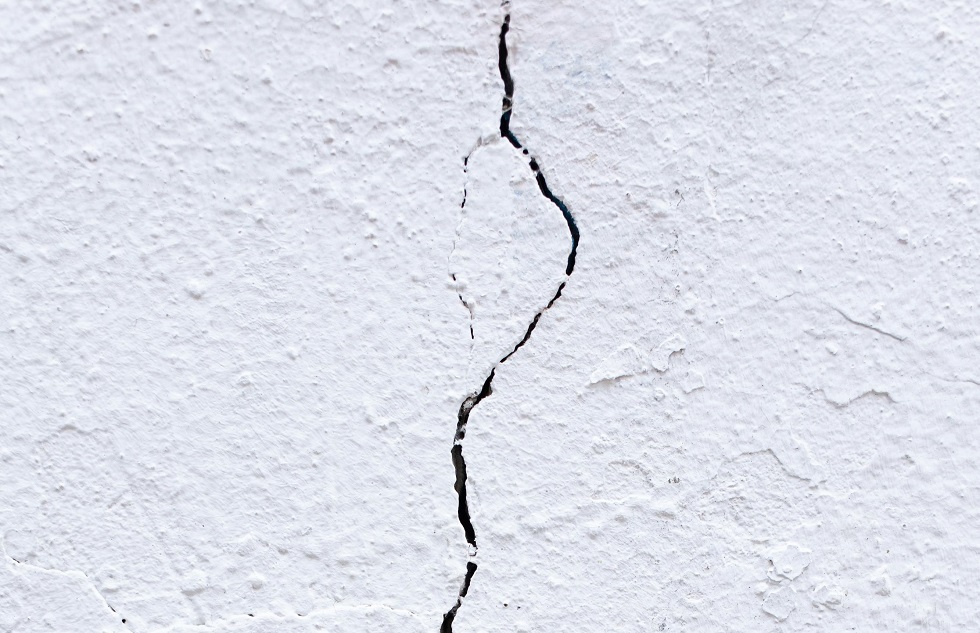
How Do Home Insurance Companies Determine Pre-existing Damage?
Home insurance companies employ various methods to assess pre-existing damage when evaluating property damage claims. This process is crucial for insurers to determine the validity and extent of coverage for property damage. Insurance adjusters conduct thorough visual...

Signs Your Insurance Adjuster Estimate Is Too Low
Insurance claims can be complex, and receiving an adjuster's estimate that seems too low is a common frustration for policyholders. Recognizing the signs of an undervalued estimate is crucial to ensure fair compensation for property damage or losses. Key indicators of...
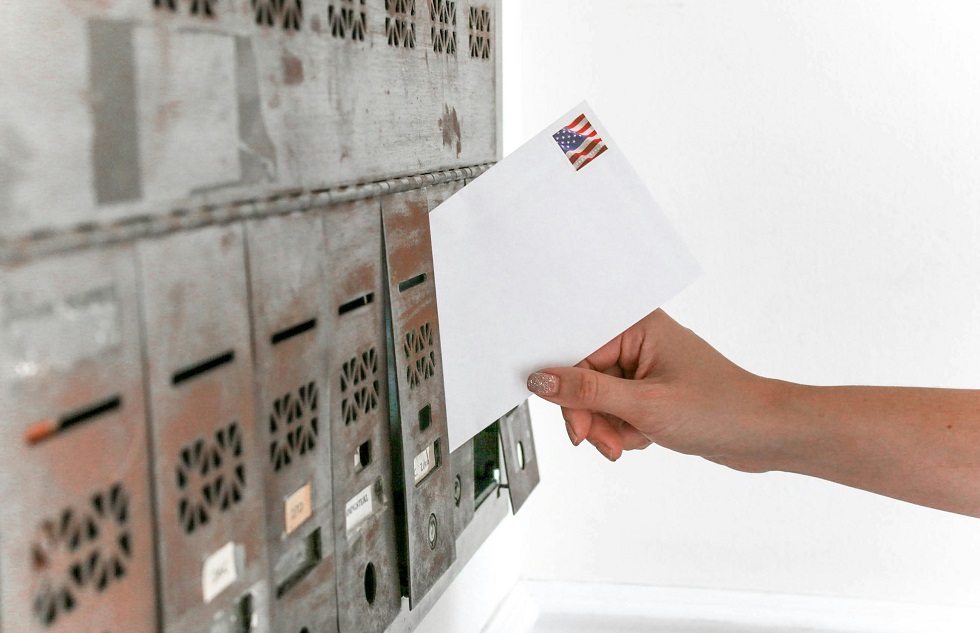
What To Do If You’re Denied Hurricane Damage Claim For Home
Hurricane damage can be devastating for Florida homeowners, leaving them in a state of distress and financial uncertainty. When insurance claims for such damage are denied, it adds another layer of stress to an already difficult situation. Facing a denied claim...
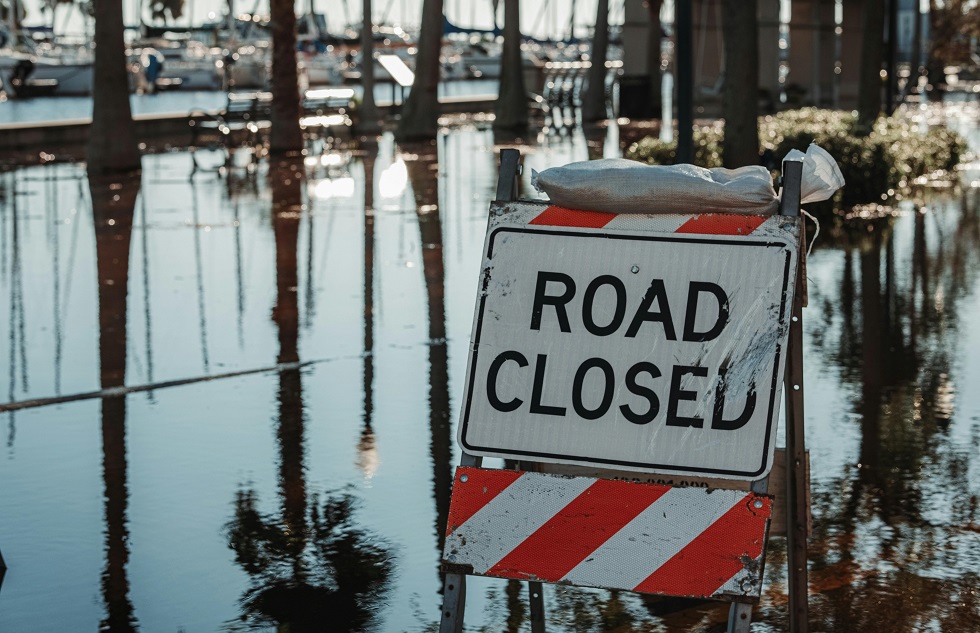
Guide To Documenting Damages For A Florida Flood Claim
Proper documentation of flood damage is crucial for a successful insurance claim in Florida. When floodwaters recede, homeowners face the daunting task of assessing and recording the extent of their losses. Thorough documentation, including photos, videos, and...

What To Do If You Disagree With A Home Insurance Adjuster
Dealing with a home insurance claim can be stressful, especially when you disagree with the adjuster's assessment. Many homeowners find themselves in this frustrating situation after experiencing property damage or loss. If you disagree with the insurance adjuster's...
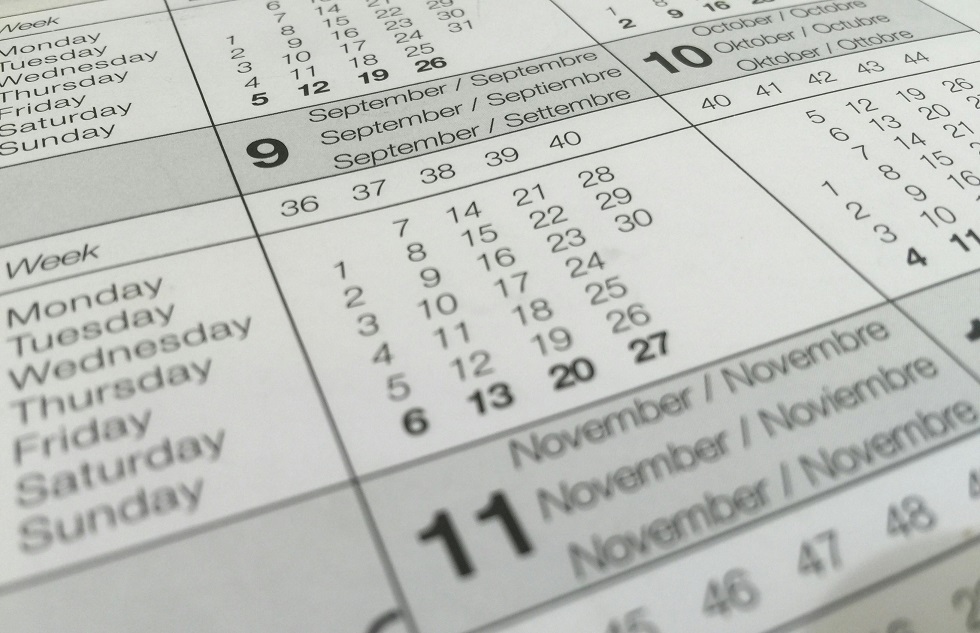
How Long Does An Insurance Company Have to Pay a Claim in Florida?
How long does my insurance company have to settle a claim in Florida? Dealing with insurance claims can be a complex process, especially when you're unsure about the timeline. In Florida, insurance companies don't have a specific deadline to pay out claims. Instead,...

How To Prepare For A Recorded Statement
Giving a recorded statement for an insurance claim can be a crucial step in the process. It's important to approach this task with careful preparation and a clear understanding of its potential impact on your claim. Take time to outline the key facts of your claim...
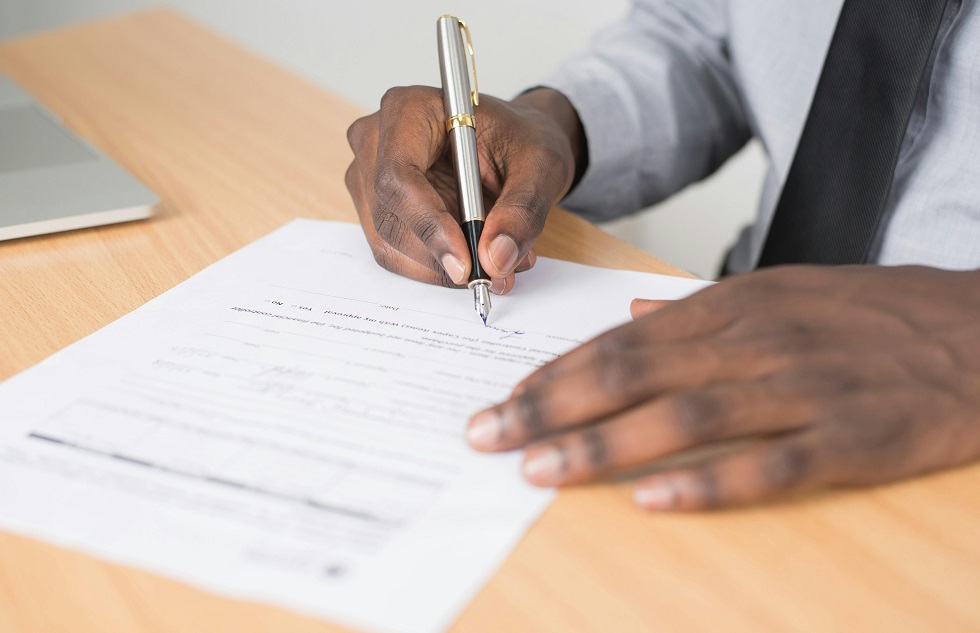
What Is A Property Damage Release Form? Essential Document for Claim Resolution
When dealing with property damage claims, you may encounter a document called a property damage release form. This legal instrument plays a crucial role in finalizing insurance claims and settling disputes related to damaged property. A property damage release form is...




